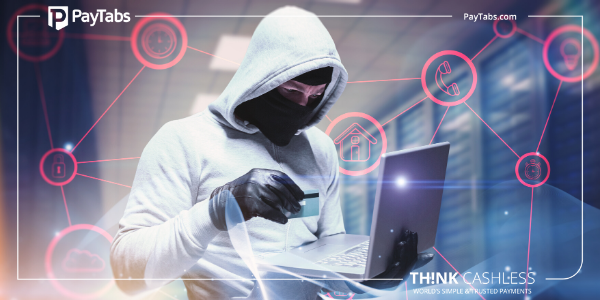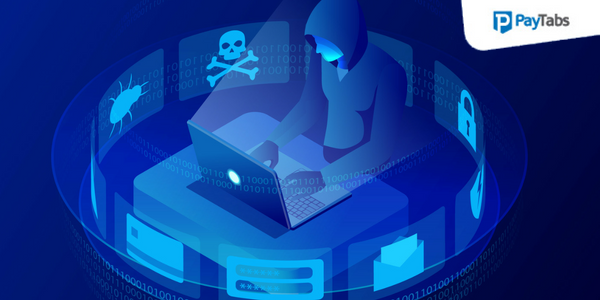Understanding the Risks – The explosion of cyber-fraud and why you need to protect your business

As more and more businesses are going online, the incidents of cyber-fraud are also increasing manifold. As cyber attack can have catastrophic impact on a business, it is important to ensure that your online venture is adequately protected against such frauds. Such attacks can be especially devastating for small and medium sized online businesses. Online attacks can not only shake the foundations of your business but may also expose your collaborators and customers to potential abuse. In order to keep your business safe and sound, it is imperative that you fully understand the concept of cyber fraud and take appropriate measures.
What is a Cyber Fraud?
Cyber frauds are also known as cyber crimes or internet frauds. These are the frauds which are mainly perpetrated through internet and involve misrepresentation. Cyber frauds may be perpetrated in a variety of ways including attacks against computer software and hardware. Such crimes may also take the form of financial frauds and identity theft. Either way, the businesses may be hit hard with such crimes and it is important to take anticipatory actions so as to keep the business and its clients safe.
Types of Cyber Frauds
Cyber frauds may be perpetrated in a variety of ways. Some frauds involve setting up malicious codes on computers and stealing the vital details, while others may involve sending spoof and phishing mails. Some other types of internet frauds are charity fraud, tax frauds and online gift card fraud. In many cases, the website may be attacked using fake traffic, denying services to their genuine customers. Such attacks are called DDoS and may lead to theft of customers’ data.
Steps to Protect Your Business
While cyber attacks have become commonplace, it is important that businesses take steps to minimize the damage caused by them. Following are some of the main steps which may help you in protecting your business and your clients.
- Take a Proactive Approach: Businesses should not wait for a cyber attack to happen and instead should remain prepared to counter it. It is important that you anticipate different ways your business may be vulnerable to cyber attacks. The top management should also devise the methods to counter such risks as and when they happen. For this purpose, periodic analysis of the cyber fraud landscape should be undertaken. The businesses should also identify their most critical functions and should take extra precautionary measures to protect them.
- Take Comprehensive View: Cyber frauds may focus on damaging your online presence through software or they may focus on harming your hardware. It is imperative that businesses take comprehensive approach towards safeguarding itself against online attacks. The software side of precautions involves the installation of antivirus and other software, while the hardware side of action includes the protection of hardware through the use of locking devices and supervised access to the machines. The physical safety of the machines is also important as their loss may lead to the loss of vital information.
- Make it a Team Work: Protecting the business against the cybercrimes is not just the responsibility of the IT department but of all the employees. Organizations should take measures to educate all its employees against cyber threats. The employees should also be updated about security measures undertaken to protect the operations against online crimes. The use of company resources by the employees should also be closely monitored. In many cases, the frauds are committed through infected software installed by the employees on company computers. Such installation may be deliberate or accidental, however, in both the cases the results may turn out to be catastrophic for the business. Therefore, the organization should check both types of actions.
- Built-in Security Measures: in order to ensure security of the business, it is imperative that its various policies and procedures are designed in such a manner so as to minimize the possibility of such attacks happening in the first place. The company’s IT resources should be carefully checked and monitored on a periodical basis and any loophole found should be patched in a prompt manner.
With the help of the above steps, organizations can not only protect themselves and their clients against online frauds but may also enhance their efficiency and reliability.


